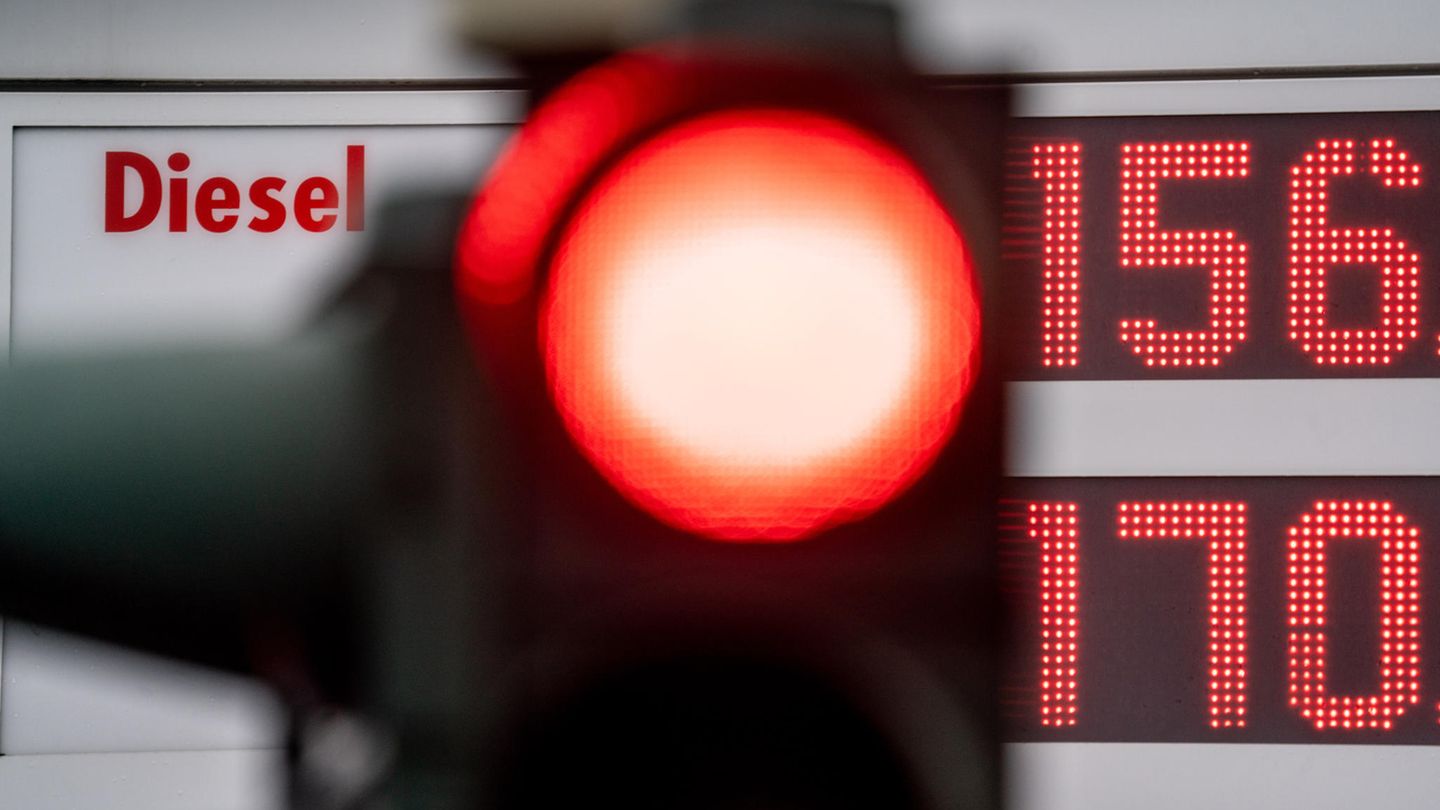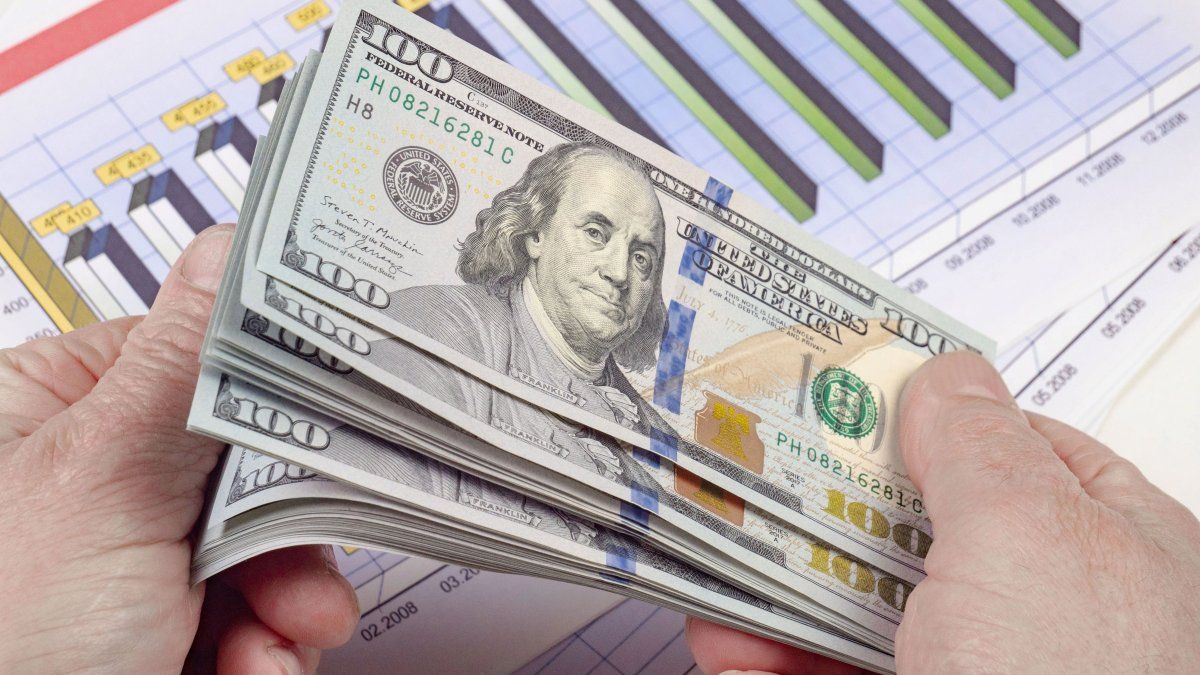Diesel fuel could become more expensive under a traffic light coalition. The SPD, the Greens and the FDP want to examine a corresponding EU directive. How would the price increase be noticeable when refueling?
It’s just one sentence, a slim three-line line that could cost a lot of money for owners of a diesel vehicle:
With the implementation of the EU Energy Tax Directive, which among other things provides for the tax adjustment of diesel fuel and petrol, we will review the tax treatment of diesel vehicles in the vehicle tax.
The somewhat brittle formulation can be found on page 162 of the and means: The Ampel partners want to put tax advantages for diesel cars to the test – and ultimately, possibly, to repay them.
Is diesel fuel getting more expensive?
Petrol and diesel could be taxed equally high in the future, diesel drivers would have to dig deeper into their pockets: the current rate for petrol is 65.45 cents / liter, for diesel 47.04 cents / liter – a “tax adjustment” would be As things stand, this means a price premium of just under 18 cents.
Background: The possible traffic light coalitionists want “to gain additional budgetary leeway by reducing unnecessary, ineffective and environmentally and climate-damaging subsidies and expenses in the budget,” according to the declaration in the coalition agreement.
“A restructuring of the energy taxation must not end as a hidden tax increase.”, Demanded the ADAC, Europe’s largest advocate of the motor industry, in the newspaper. If the energy tax for diesel fuel should actually rise, “it is imperative that the diesel surcharge in the vehicle tax also be reduced,” the newspaper quoted the automobile club as saying.
The vehicle tax for diesel vehicles, which should also be checked according to the traffic light plans, could compensate for the possibly higher fuel price. In addition, the abolition of the EEG surcharge on the electricity price from 2023 and the introduction of climate money could provide relief elsewhere.
Nevertheless, drivers must assume that fuel prices will continue to rise: In 2022 the price of CO2 will rise, which will make petrol and diesel more expensive. In 2030, there should be at least 15 million electric cars on Germany’s roads. The aim is therefore also to expand the charging infrastructure; one million publicly accessible charging points should be accessible by 2030. “We are ending the fossil fuel age step by step,” the agreement goes on to say, “also by ideally bringing the coal phase out to 2030 and leaving the technology of the internal combustion engine behind us.”
Sources:,,, with material from the news agencies DPA and AFP
Source From: Stern
I am a 24-year-old writer and journalist who has been working in the news industry for the past two years. I write primarily about market news, so if you’re looking for insights into what’s going on in the stock market or economic indicators, you’ve come to the right place. I also dabble in writing articles on lifestyle trends and pop culture news.




